Illustrative Image: TWAS–UNESCO Associateship Scheme: Strengthening South–South Scientific Collaboration
Image Source & Credit: Opportunitydesk
Ownership and Usage Policy
The TWAS–UNESCO Associateship Scheme is a prestigious initiative jointly organized by The World Academy of Sciences (TWAS) and UNESCO, in partnership with nearly 300 centres of excellence across the Global South. This programme was established in 1994 to counter the brain drain phenomenon that continues to challenge many developing countries by providing scientists with opportunities to sustain active research collaboration within the South.
🔬 Programme Overview
The scheme enables competent researchers from developing countries to maintain long-term, productive ties with advanced research institutions in other parts of the Global South. Through this collaboration, researchers gain access to world-class facilities, research networks, and mentorship — allowing them to enhance their skills, contribute to cutting-edge scientific projects, and strengthen institutional capacity back home.
Each selected scientist, known as an Associate, is appointed for a three-year term, during which they are entitled to make two research visits to a host centre, each lasting two to three months. These visits are designed to foster meaningful scientific exchanges and sustained collaboration rather than short-term visits or one-time projects.
💡 Key Features and Benefits
-
Financial Support:
TWAS provides travel assistance and a monthly contribution of USD 300 to cover incidental local expenses during the visit.
The host institution covers accommodation, meals, and research facilities, ensuring that associates can focus entirely on their scientific work. -
Global South Collaboration:
Unlike many international mobility schemes that send scientists from developing countries to the Global North, this programme promotes South–South cooperation, empowering research ecosystems within developing nations themselves. -
Inclusivity and Merit:
Applicants must hold a PhD or equivalent degree.
Selection is highly competitive, based on scientific merit and potential for impact.
Women scientists and those from isolated or under-resourced institutions are strongly encouraged to apply, ensuring inclusive participation and representation. -
Duration and Renewal:
Appointments last three years, renewable once based on performance and funding availability, allowing continuity of collaborative research efforts.
📄 Application Requirements
Applicants are required to complete an online application through the TWAS website and upload the following documents:
-
A scanned passport copy (even if expired).
-
A support statement from the Head of their Home Institution.
-
A concise Curriculum Vitae (maximum four pages).
-
A full list of publications.
-
PhD certificate.
-
Two letters of recommendation, one preferably from an international expert.
-
An invitation letter from an eligible host institution (available from the TWAS list of centres). This letter should confirm prior communication between the applicant and the host scientist, clearly defining the research to be undertaken, the visit duration, and the available facilities.
⚠️ Important Notes
-
Applicants may apply for only one TWAS or OWSD programme per calendar year.
-
Individuals already hosting external scholars under the TWAS Visiting Professor Programme may still apply for another opportunity.
-
It is essential to carefully review all eligibility criteria and requirements before submission.
🌐 The Broader Concept: Building Scientific Capacity in the South
The TWAS–UNESCO Associateship Scheme exemplifies South–South cooperation—a strategic approach to development where knowledge, technology, and innovation circulate among developing nations rather than flowing one way toward the North. By connecting scientists from countries facing similar developmental and environmental challenges, the programme builds mutual resilience, shared expertise, and collective scientific progress.
This model strengthens research networks, reduces isolation, and ensures that intellectual capital remains within developing regions — ultimately advancing sustainable development, scientific independence, and innovation equity across the Global South.



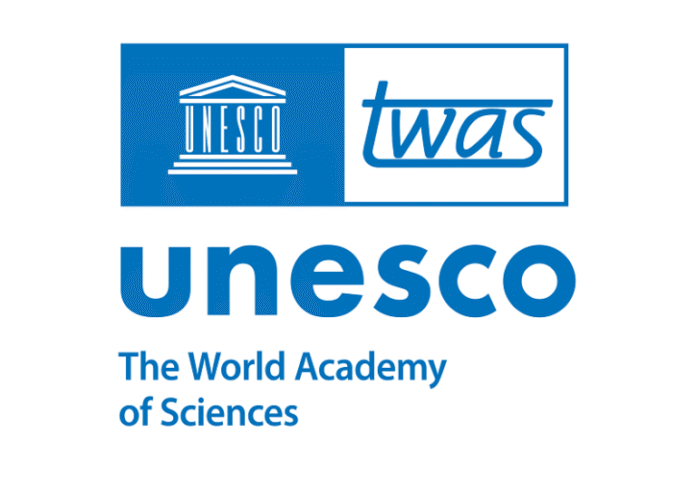
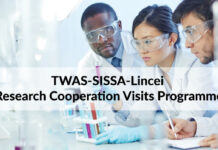
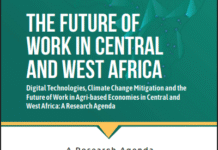
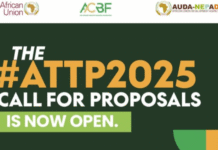



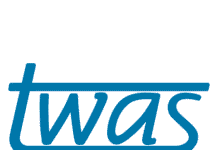
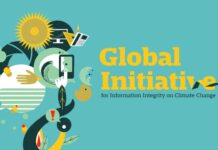
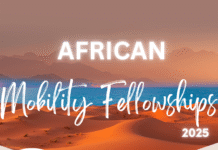



 The African Research (AR) Index is a comprehensive scholarly directory and database focused explicitly on journal publishers that publish and disseminate African research.
The African Research (AR) Index is a comprehensive scholarly directory and database focused explicitly on journal publishers that publish and disseminate African research.

